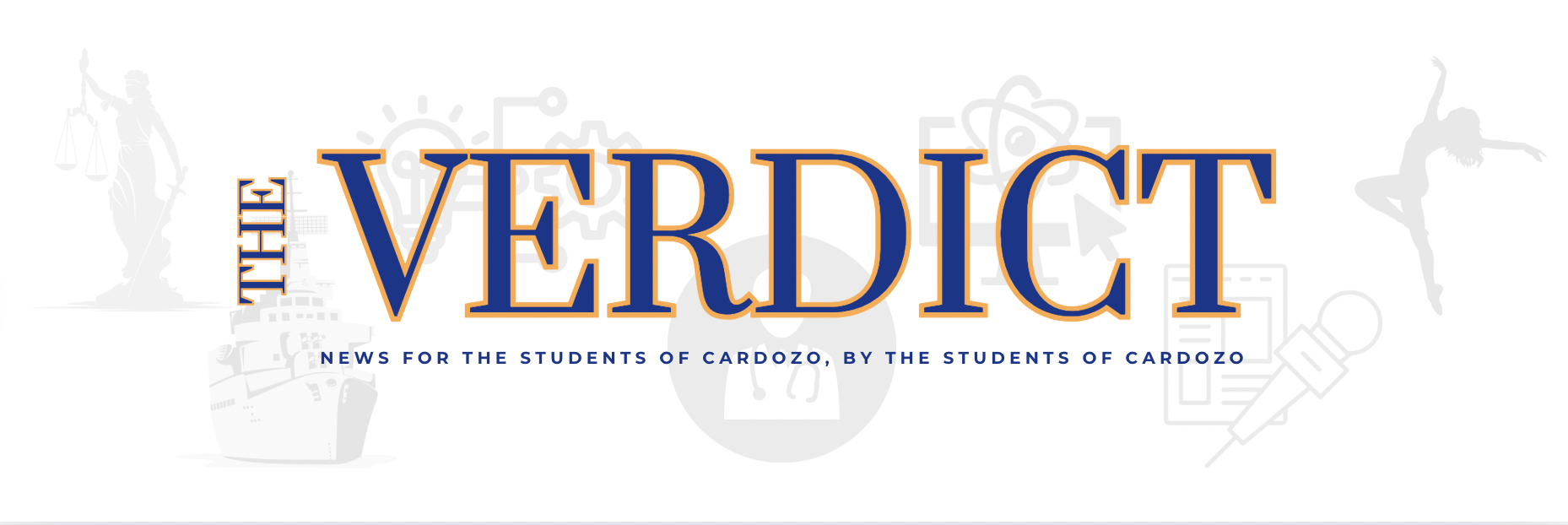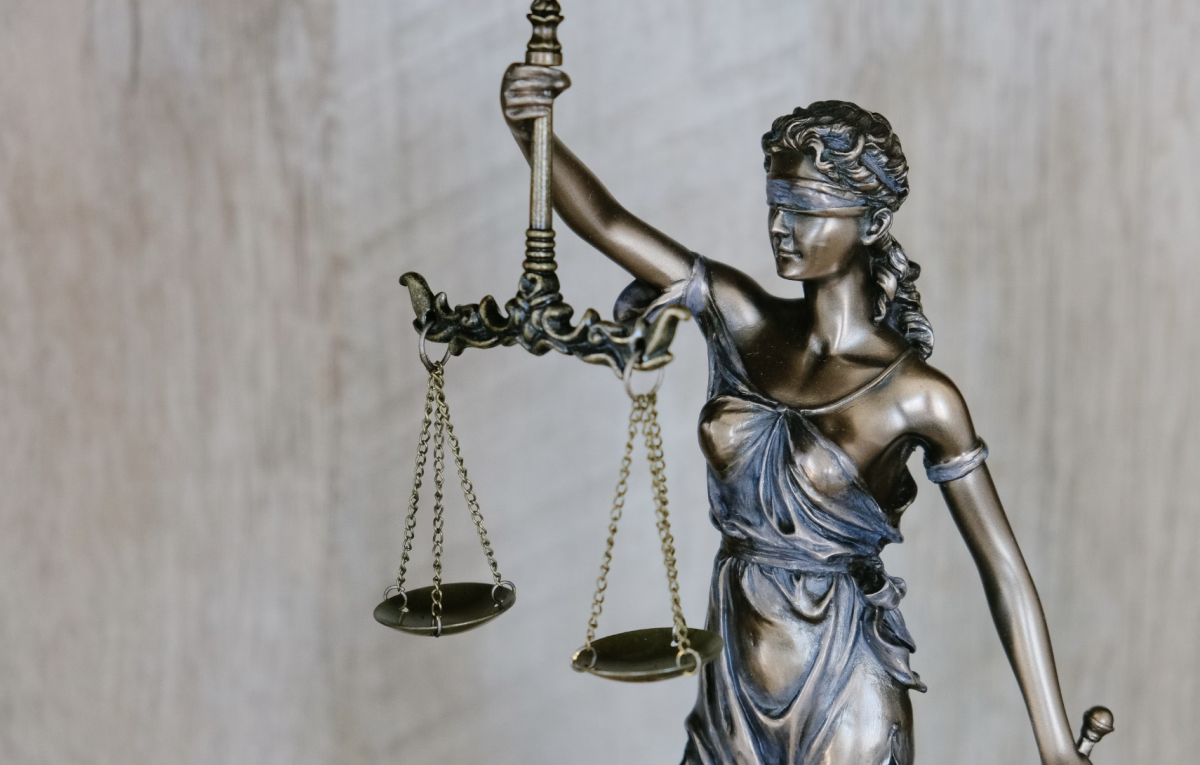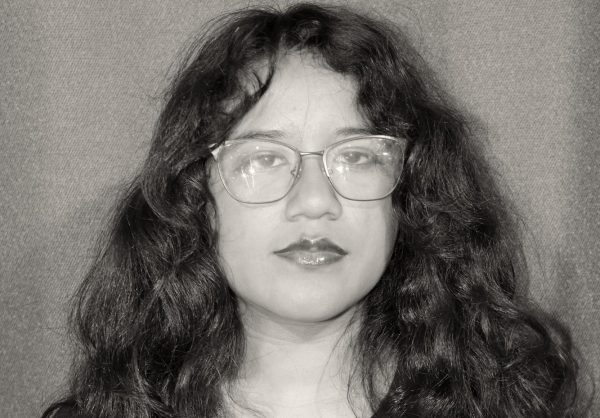Open AI is a readily available resource that uses artificial intelligence and has now made its way into everyday use. Several Canadian news outlets such as Postmedia, Torstar, The Globe and Mail, and the Canadian press now find themselves in a legal battle with Open AI over copyright infringement.
These several news sources have been in an ongoing lawsuit accusing the Open AI creator ChatGPT of taking their work unauthorized and using it as their own repeatedly.
Open AI itself is said to have preventative measures as to not scrape, rewrite, or copy any other articles or materials that have published onto the open web, but in this lawsuit the plaintiffs are arguing that Open AI has breached its own preventative measure and already been reproducing off of articles that had been published already.
The argument being made to refute this claim is that AI is not at all reusing parts of articles published, but contains the articles internally in order to use the information to create and transform the information given into a new product that does not still use the same opinion or have any of the same resemblance as the original authors work.
Another argument is that the act of scrapping an article is not copying the author’s direct work, but instead, rewording it. Despite this, it’s still argued that Open AI is still taking these articles and cannot use its own original work when it comes to producing its content.
The Canadian news outlets are currently seeking up to or more than $20,000 for each of the articles that were taken and are still being used by Open AI. On top of that, because of the amount of money Open AI made with the scrapped articles, they are also seeking to share in that profit as well.
Going forward, this could also have an effect on all artificial intelligence based companies run in relation to media platforms. Just in this case alone, Postmedia, Torstar, The Globe and Mail, and the Canadian press on top of seeking around $20,000 per article used have also requested that the court make it so Open AI could never use any of their articles or scrap them at any degree.
Other consequences that could be seen if this lawsuit successfully rolls out is a rise in similar cases around not only Canada, but America as well. In the past Open AI had been sued along with Microsoft over the same subject percents here, copyright infringement. What is also predicted to happen is an extreme regression in the progress of artificial intelligence as a whole. Because of the new policies that will be added if the lawsuit goes through, Open AI will have to find a new way to make its products because it will no longer be able to use resources such as articles already published.
The lawsuit itself is still active and no claims have been proven to be true and no outcome has been determined yet.


